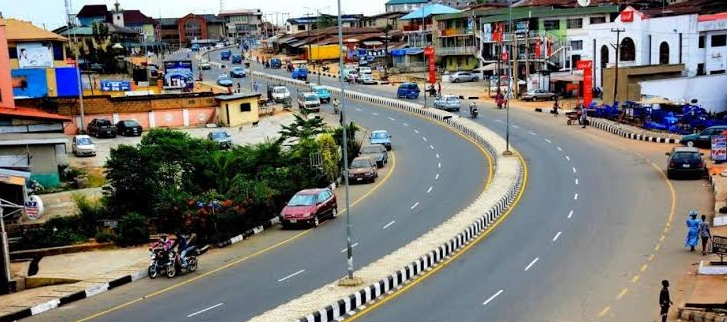
17 Interesting Facts About Osun State
Osun state is located in southwestern Nigeria, and surrounded by Ekiti and Ondo states to the east, Kwara state to the north, Ogun state to the south, and Oyo state to the west.
The state, who’s capital city is Osogbo was founded on August 27th, 1991 under General Ibrahim Badamosi Babangida’s administration.
The people of the state are second to none when it comes to hospitality and entrepreneurship. Here are 17 interesting facts about Osun state.
Read Also: Awhum Waterfalls and Cave
Osun is historically known as the Yoruba’s stronghold, and the state is named after the Yoruba god.
The River Osun is significant for the state due to the fact that it serves both spiritual and tourist purposes. The River is honoured on an annual basis by devotees, and it also provides irrigation water to the state, which has a thriving agricultural industry.
Cocoa and other agricultural commodities, including yam, cassava, millet, and maize, are the cornerstones of Osun’s economy.
The state’s abundance of food and cash crops, which draws traders and artisans, has earned it the nickname “Breadbasket of South-West Nigeria” which it arguably still holds.
Osun state’s Cottage industries offer a wide range of products, including brasswork, woven textiles, and wood carvings. In Oshogbo, the country’s capital, there is a textile mill, a food processing facility, and a steel rolling mill. Artisanal mining and livestock herding are also significant industries, particularly in urban areas.
When it comes to the Yoruba people, Aso-Oke (Cloth weaving) has been a centuries-old tradition, although it is now most notably practised by the Ede people in Osun.
The state’s mineral resources include columbite, gold, tantalite, talc, granite, and tourmaline. Additionally, natural materials such as clay balls and various-sized construction stones such as gravel are available.
There are several types of valuable gemstones unearthed in Osun state, including zircon, ruby, emerald, sapphire and topaz.
Founded in the early eighteenth century, Ife bronze sits amid the state’s extensive collection of natural arts, making it a popular destination for tourists from other countries. Ife’s bronzes, along with Benin’s, are among the best in the world since they were made simultaneously.
Royal antelopes, monkeys, kestrels, and purple herons may all be found in the state’s natural environments.
Osun is home to many of Nigeria’s most notable monuments, including the campus of Obafemi Awolowo University, one of the country’s preeminent institutions of higher learning, Erin Ijesha Waterfall, Opa Oranmiyan, Nelson Mandela Freedom Park, and the Osun-Osogbo Sacred Grove.
Osogbo, the capital of the Nigerian state of Osun, is a city in which the Yoruba language is spoken. It is also known by the name Ilu-aro (City of Tie and Dye).
Muslim Sheikh Dr Abu-Abdullah Adelabu, located in London, and Pastor (Dr.) Johnson Ade Odewale of Christ Apostolic Church (Calvary Assembly) from Odeomu, based in Boston, are both from Osun State and both are well-known religious leaders.
The annual Osun-Osogbo event attracts numerous tourists from around the world who travel to learn about the Yoruba culture.
Osun State is well-known for having the country’s second-highest literacy rate.
Ọsun Ọsogbo Groove, the shrine of the yearly ceremonies of the god and a significant artistic center, was named a World Heritage Site in 2005.
The state is also known for its several notable markets, including the Sekona, Owena, Ifon, Ikirun, and Odo Ori markets, which draw visitors from all over the country to the state.
Have you visited Osun state before? Share your experience with us.
